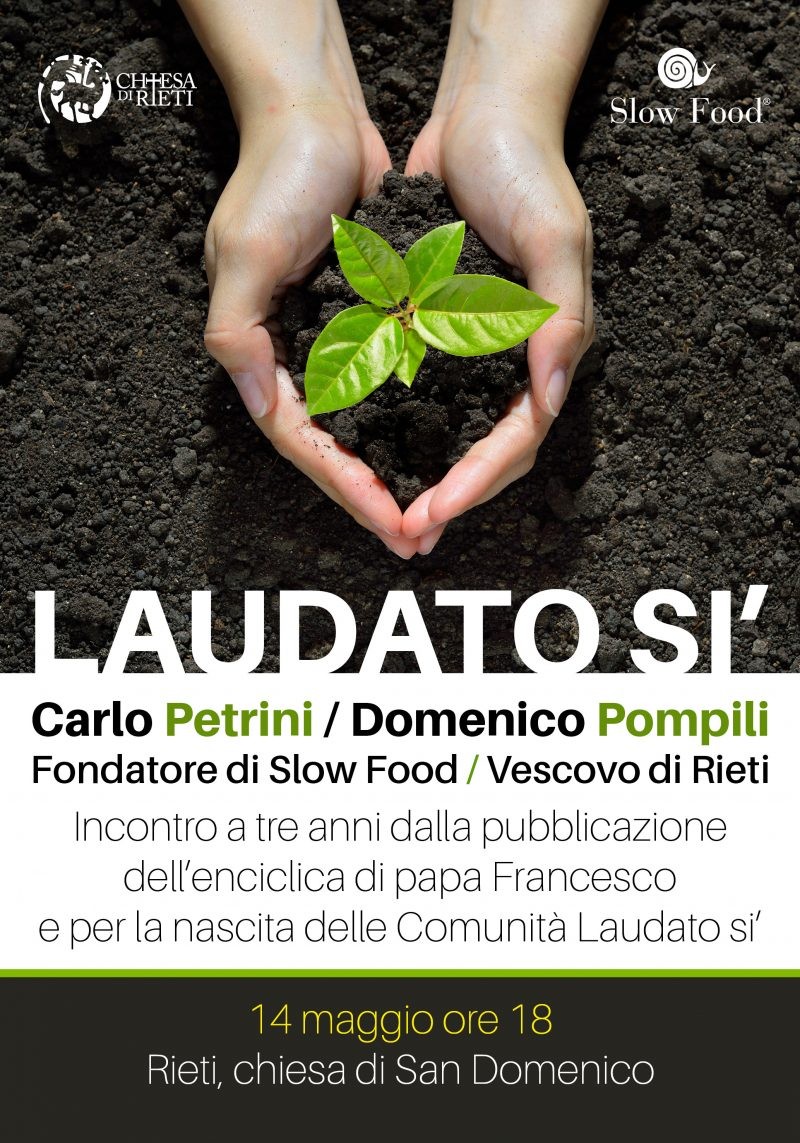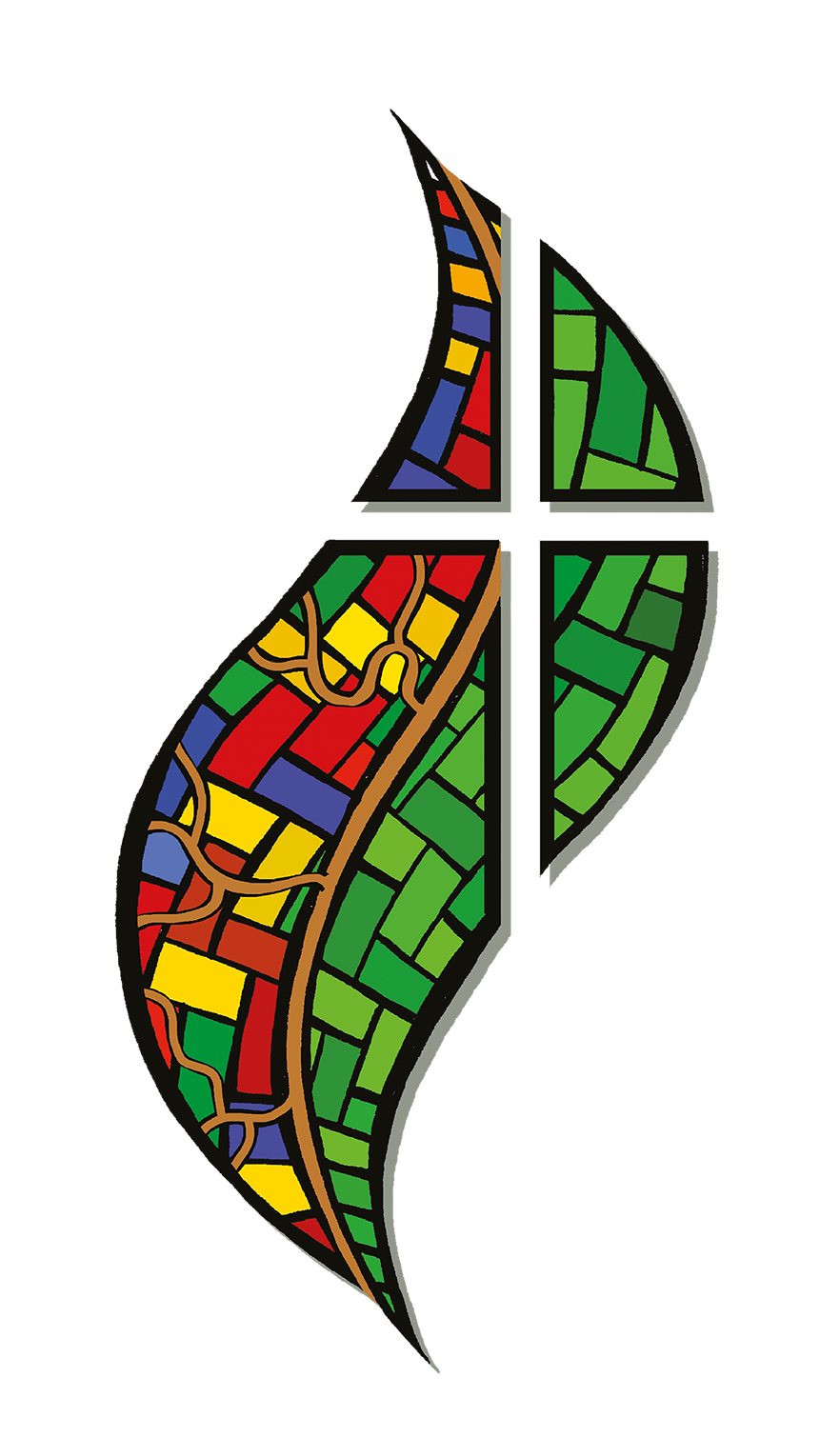The Pope and the Amazon: the Church cannot remain silent

There are several dozen “Laudato sì” Communities in Italy, and around the world. All of them are committed to an "integral ecology", a lifestyle consistent with the values contained in Pope Francis’ encyclical of the same name.
The 2nd Forum of “Laudato sì” Communities is being held in the Italian town of Amatrice. In August 2016, the territory was devastated by a 6.2 magnitude earthquake that left 247 people dead and dozens of families homeless.
The memory of Amatrice
In a message to Forum participants, read on his behalf by the Prefect of the Vatican Dicastery for Communication, Paolo Ruffini, the Pope recalls the victims of the earthquake and speaks of the “high price” paid by the entire region.
The memory of Amatrice is always in my heart, he writes. What happened here helps us focus on “the imbalances that devastate our ‘common home’”. Invariably, “it is the poor who pay the highest price of environmental devastation”, says the Pope. Quoting from his Encyclical, Pope Francis adds: "There will be no new relationship with nature without a new human being".
The paradigm of Amazonia
The 2nd Forum of “Laudato sì” Communities is focussing on how, as the Pope writes in his Encyclical, “everything is connected”. Specifically, they are examining the challenges facing the Amazon region and looking ahead to the Synod that will be dedicated to this subject in October. In his message, Pope Francis addresses the “unsustainable situation of the Amazon and the peoples who live there”, calling it “a sad paradigm of what is happening in many parts of the world: a blind and destructive mentality that prefers profit to justice, highlighting the predatory attitude with which man relates to nature”.
“Social justice and ecology are deeply interconnected”, insists the Pope. “What is happening in the Amazon will have repercussions on a global level”. We cannot remain indifferent spectators in the face of this destruction, he says, “nor can the Church remain silent”.
Three ideas
The Pope concludes by offering three ideas on which to reflect: the first being praise before the beauty of creation. “Praise is the fruit of contemplation”, he writes, “contemplation and praise lead to respect”, and respect leads to venerating the goods of creation and its Creator. The second is to realise that everything has been given to us free of charge, and in turn must become a gift to be shared. The third is being able to “give up something for a greater good, for the good of others”.




